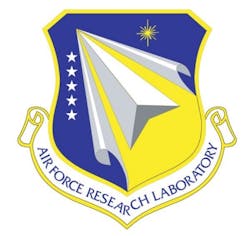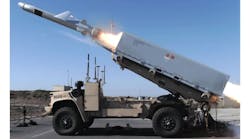Air Force researchers are interested in using a method that has been used on military-grade electronic parts since the mid-1960s to mitigate tin whisker problems: fusing the matte tin on lead-free parts and boards in a post processing step prior to board assembly, or by requesting a fused tin finish from parts vendors.
As more parts and materials are re-engineered to be compatible with the higher temperatures and longer dwell times necessary when using many lead-free alloys, the number of parts likely to be compatible with tin fusing should grow, Air Force officials explain. To come up with guidelines to achieve this, companies must identify component families normally only available with pure unfused matte tin finishes that are compatible with tin fusing.
For the program, the Air Force is asking companies to find ways to determine the suitability of electronic components or materials for soldering cycles during circuit card assembly, as well as ways to estimate time to failure due to this kind of soldering.
The program also asks companies to find the best ways of selecting components, materials, and vendors for design and manufacture of defense and aerospace electronics equipment using suitable lead-free solder alloys.
The Mitigating Reduction of Hazardous Substances (RoHS) Lead-Free Issues in Aerospace Circuit Board Manufacture program should be a 15-month, $1.7 million effort, with a contract to one company expected to be awarded as early as 30 June 2011.
Companies interested should mail hard-copy proposals no later than 2 May 2011 to Crystal Price, Det 1 AFRL/PKMD, Bldg. 167, 2310 8th St., Wright-Patterson AFB, OH 45433-7801. For questions or concerns, e-mail Crystal Price at [email protected].
More information is online at https://www.fbo.gov/spg/USAF/AFMC/AFRLWRS/BAA-11-16-PKM/listing.html.



